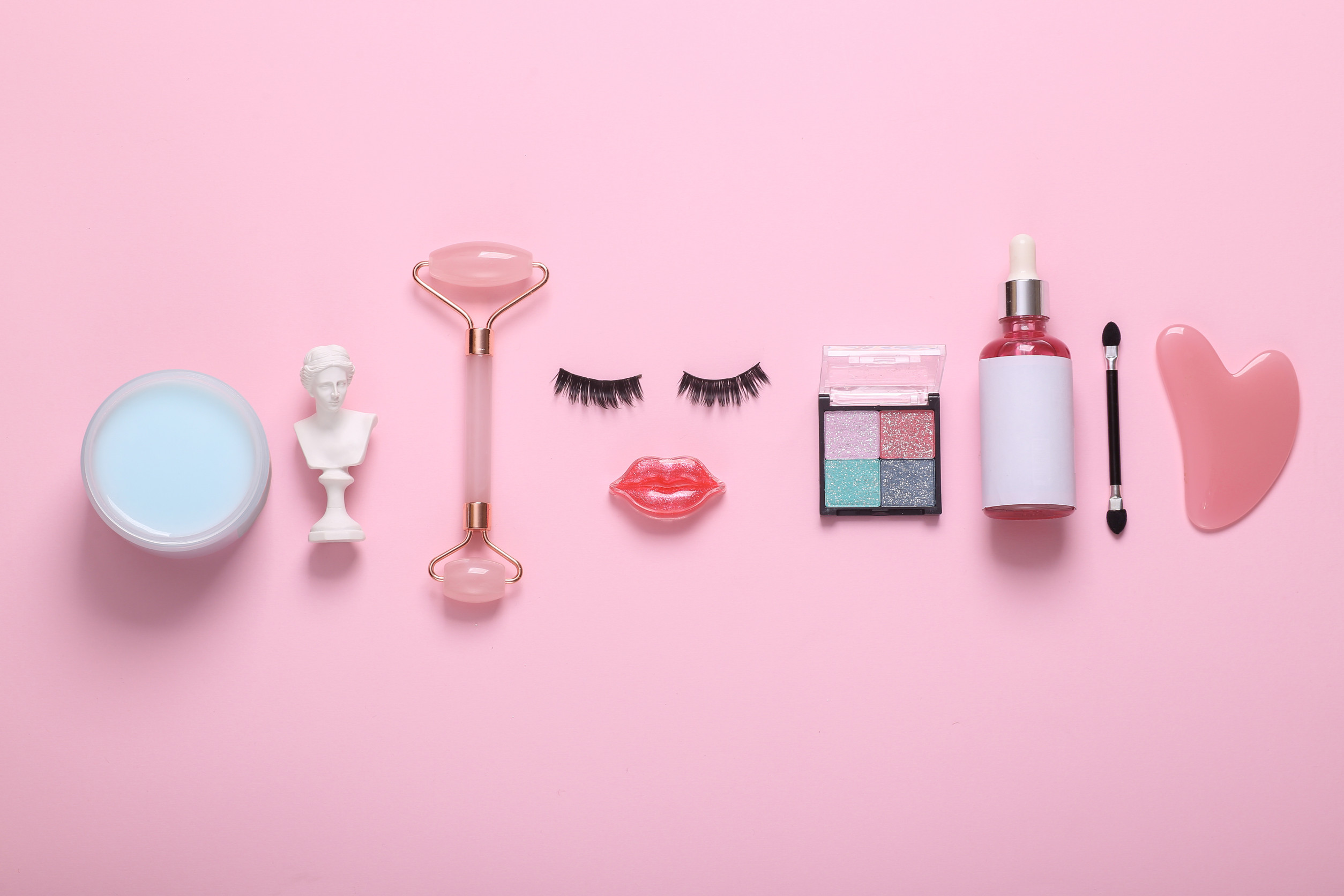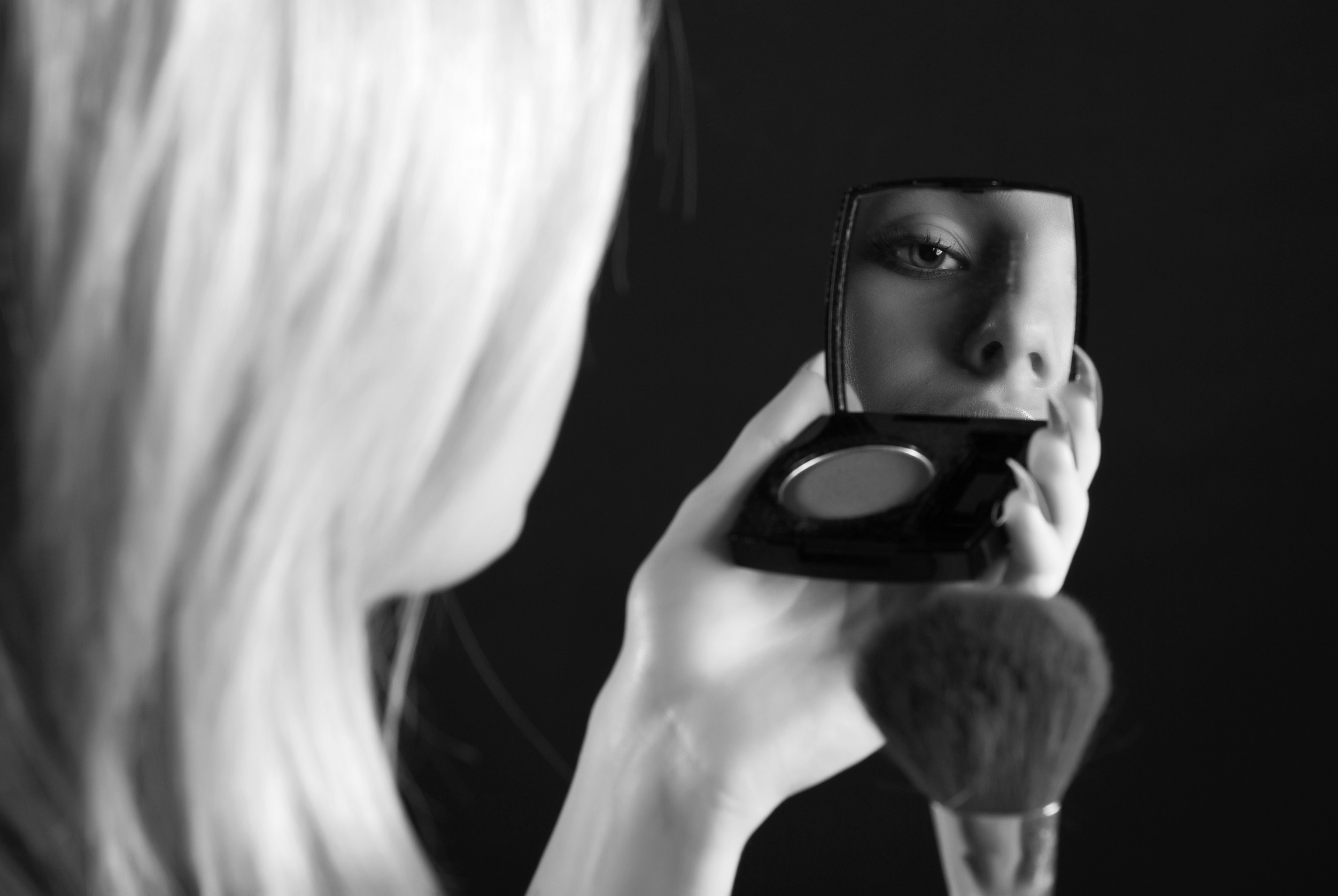In a world that constantly bombards us with images of perfection, it’s easy to fall into the trap of believing we’re not good enough. From filtered Instagram posts to impossibly flawless celebrities on magazine covers, beauty standards have become more about illusion than reality. But the danger lies not just in what we see—it’s in how we internalize those images and start to question our own worth.
Unrealistic beauty habits are often disguised as “self-improvement,” when in reality, they can lead to self-doubt and low self-esteem. It’s time to break free from these pressures and reclaim what beauty truly means to you.
Over-Editing and Filters on Social Media
It’s easy to forget that many of the flawless faces you see online are the result of clever editing, strategic lighting, and heavy filters. These posts are curated highlight reels, not authentic representations of real life. Comparing yourself to these digitally enhanced images can be damaging because you’re measuring reality against illusion. No one walks around with skin that glows like a ring light is permanently attached to their face. Remember, what you see online is often more fantasy than fact.
Obsessing Over “Perfect” Skin
Glowing, poreless, blemish-free skin is a beauty ideal that’s not only unrealistic for most people but also unhealthy to chase. Our skin naturally has texture, occasional breakouts, and variations that reflect real-life experiences like stress, diet, and hormones. Constantly striving for flawless skin can lead to overuse of products, harsh treatments, and emotional distress.
Instead of focusing on perfection, aim for healthy skin that feels good and serves you well. Your skin is an organ, not a canvas for impossible standards.
Rigid Fitness Routines for Aesthetic Goals
There’s nothing wrong with wanting to feel strong and energized, but when workouts are driven solely by aesthetics—like trying to match a specific body type—it becomes unsustainable and mentally draining. Many of the body shapes promoted online aren’t just the result of exercise; they’re influenced by genetics, lighting, editing, and even surgery. Exercise should be about feeling empowered in your body, not punishing it for not fitting into a narrow mold.
When fitness becomes a tool of self-love rather than self-criticism, it brings long-term benefits. Let your goals reflect your values, not someone else’s highlight reel.
Extreme Dieting and “Clean Eating” Pressures
The obsession with eating perfectly clean, organic, or trendy superfoods can quickly spiral into an unhealthy mindset around food. While nutrition matters, strict and restrictive eating regimens often cause more stress than health benefits.
The truth is, balance is far more sustainable and mentally freeing than chasing dietary perfection. It’s okay to enjoy a slice of cake or order takeout without guilt—it doesn’t cancel out your efforts. Food is fuel, but it’s also joy, culture, and connection.
Idolizing Celebrity Beauty Standards
Celebrities often have access to resources that the average person doesn’t—trainers, chefs, dermatologists, and even digital touch-ups on red carpets and magazine shoots. Holding yourself to their beauty standard is like comparing your behind-the-scenes to their professionally staged photoshoot.
Admiring someone’s style or glow is one thing, but believing you need to look like them to be beautiful is harmful. Everyone’s beauty is unique, and your individuality deserves to be celebrated. The goal isn’t to mimic someone else’s face—it’s to feel confident in your own.
Pursuing Flawless Hair 24/7
From sleek blowouts to perfectly styled curls, hair on social media and in ads always seems to behave itself. But in reality, hair is affected by weather, hormones, stress, and even how you slept the night before. The idea that hair should always look polished creates unnecessary pressure and unrealistic expectations. Some days are good hair days, and some are just top-knot-and-go days—and that’s okay. Beauty lies in authenticity, not constant perfection.
Feeling Pressure to Wear Makeup Every Day
Makeup can be a wonderful tool for self-expression, creativity, and confidence—but it should never feel like a requirement for being seen or valued. Feeling like you “have to” wear makeup to appear presentable sends the message that your natural features aren’t enough.
Your bare face tells your real story, and there’s power in letting that story be seen. Makeup should enhance, not hide, who you are. You don’t owe anyone glam unless you genuinely enjoy it.
Constantly Changing Yourself to Fit Trends
Beauty trends come and go faster than ever—one month it’s laminated brows, the next it’s “clean girl” minimalism. Trying to keep up can be exhausting, expensive, and often leaves you feeling like you’re never quite good enough.
Your beauty shouldn’t be a moving target dictated by social media cycles. True confidence comes from finding your personal style and embracing what makes you feel grounded and radiant. Trends can inspire, but they shouldn’t control your sense of self-worth.
Being Beautiful Shouldn’t Cost You Anything
Feeling beautiful shouldn’t come at the cost of your mental and emotional well-being. Unrealistic beauty habits can make you feel like you’re constantly falling short, when in reality, you’re already enough as you are. Let’s start choosing self-compassion over comparison, and authenticity over unattainable ideals. Embrace the habits that nourish your confidence and let go of the ones that drain it.
What are your thoughts on these beauty standards? Have you ever felt pressure to conform to any of these habits? Add your voice in the comments because we would all love to hear what resonates with you.
Read More
Beauty At Any Age: These 8 Tips Will Keep You Feeling Great About Yourself After 60
The Top 12 Dangerous Beauty Trends Everyone’s Obsessed With But Shouldn’t Be



Leave a Reply